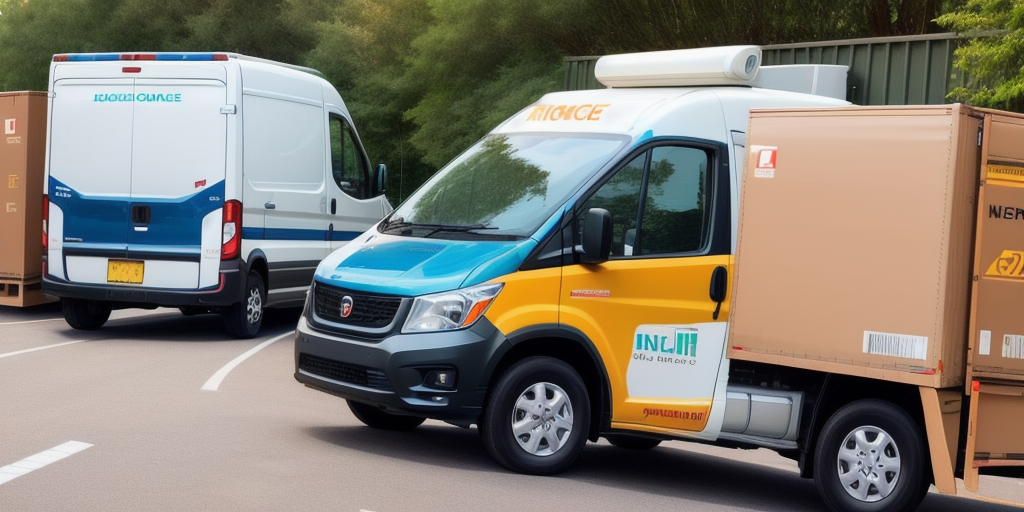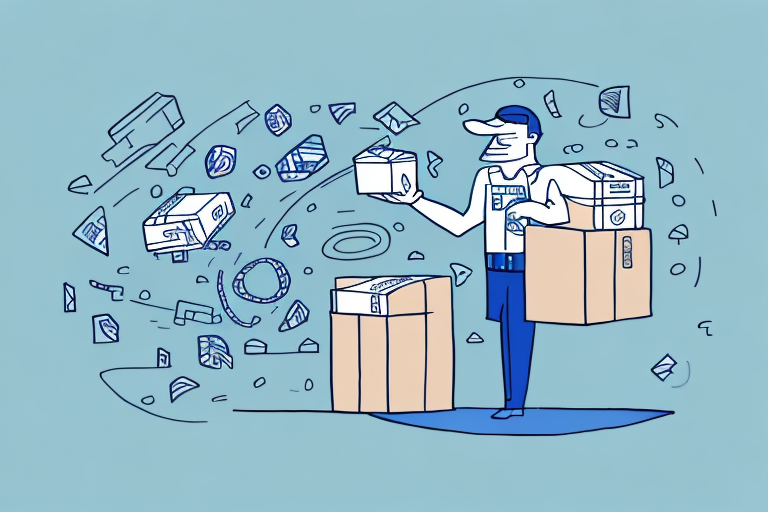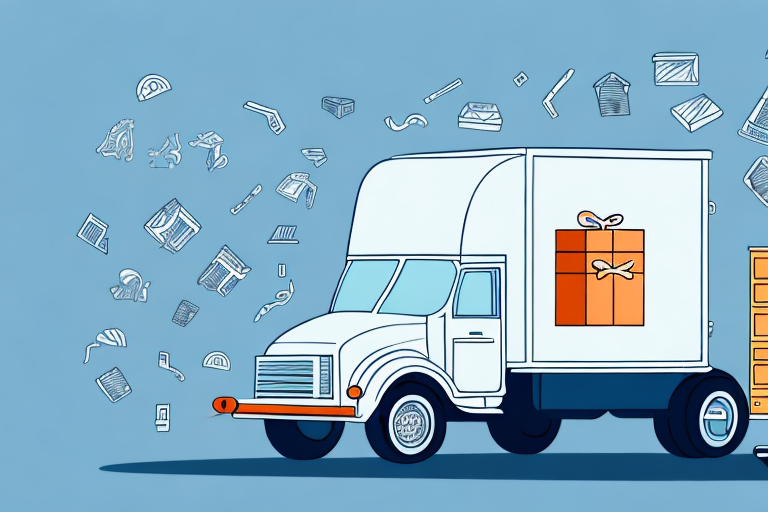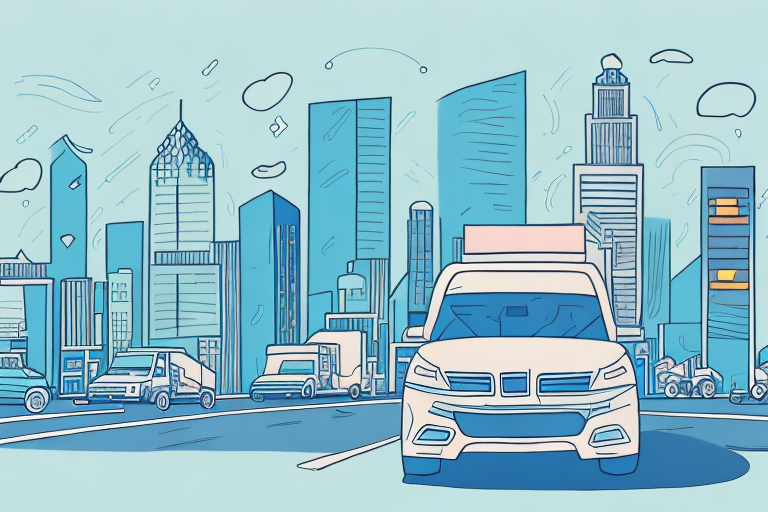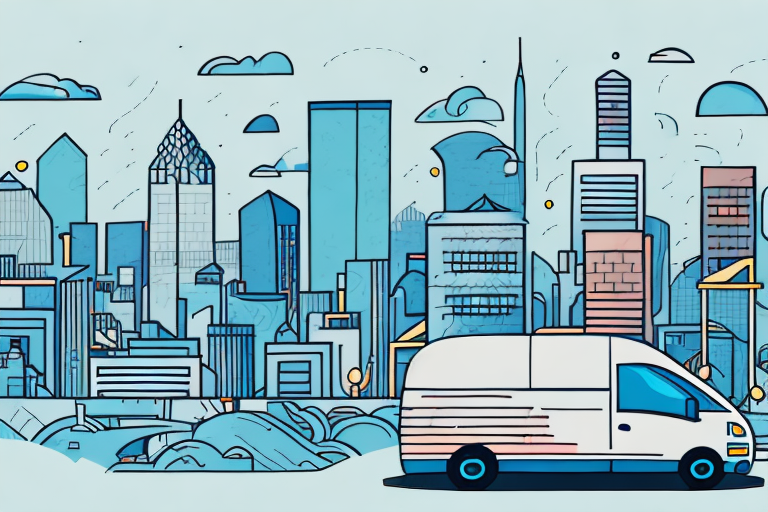How to Find Long Distance Delivery Jobs With Your Own Car
If you’re seeking a flexible and profitable way to earn income, long distance delivery jobs using your own car might be an ideal option. As an independent contractor, you can set your own schedule, work at your own pace, and potentially increase your earnings. However, navigating the landscape to find these opportunities can be daunting without the right strategies.
The Benefits of Using Your Own Car for Long Distance Delivery Jobs
Opting to use your own vehicle for long distance deliveries offers numerous advantages:
- Control Over Your Vehicle: Maintaining your car ensures it’s always in optimal condition, reducing downtime and increasing reliability.
- Higher Earnings Potential: Without a company vehicle to share profits with, you retain a larger portion of your earnings and can set competitive rates.
- Flexibility and Independence: Choose your own hours and routes, allowing you to balance work with personal commitments.
- Building Trust with Clients: Consistently using the same vehicle fosters reliability, leading to repeat business and positive reviews.
Finding Long Distance Delivery Jobs
1. Search Online Job Boards and Platforms
Online platforms are a primary source for delivery job listings. Popular job boards include:
These platforms often have dedicated sections for transportation and delivery roles.
2. Approach Local Companies Directly
Local businesses, such as retailers and logistics companies, may have delivery needs that aren’t advertised online. Prepare a resume and references to present your professionalism when inquiring about opportunities.
3. Network with Other Drivers
Connecting with other delivery drivers can lead to job referrals and insider knowledge about available positions. Join industry forums or attend local networking events to expand your contacts.
4. Utilize Delivery Platforms
Several platforms specialize in connecting independent drivers with delivery opportunities. Examples include:
Qualifications Necessary for Long Distance Delivery Jobs
Essential Requirements
- Valid Driver’s License: A current license appropriate for your vehicle type.
- Vehicle Registration: Proof that your car is registered for use in delivery services.
- Commercial Insurance: Coverage that includes commercial use of your vehicle.
Additional Qualifications
- Clean Driving Record: A history free of major traffic violations enhances your credibility.
- Experience: Prior delivery or logistics experience can be advantageous.
- Background Check: Some companies require thorough background screenings.
Securing a Job with a Reputable Company
Create a Professional Resume
Your resume should clearly highlight your relevant skills and experience. Include:
- Contact information
- Work experience, especially in deliveries or logistics
- Educational background and relevant certifications
Keep it concise, well-organized, and free of errors. Consider having a mentor or colleague review it before submission.
Research the Company
Tailor your application by understanding the company’s needs. Customize your cover letter to emphasize how your skills align with their requirements.
Follow Up
After applying, reach out via email or phone to express your continued interest and inquire about the status of your application.
Optimizing Your Delivery Operations
Maintaining Your Vehicle
Regular maintenance is crucial for reliability and safety:
- Schedule routine checks for oil changes, tire rotations, and brake inspections.
- Keeps the interior and exterior clean to present a professional image.
Planning Efficient Routes
Effective route planning saves time and fuel:
- Use GPS or advanced mapping apps like Google Maps to find the most efficient paths.
- Consider traffic patterns, road conditions, and construction updates.
- Plan deliveries to minimize backtracking and reduce travel distances.
Handling Unexpected Situations
Be prepared for unforeseen challenges during deliveries:
- Have contingency plans for rerouting in case of traffic jams or road closures.
- Communicate promptly with clients and companies if delays occur.
- Carry basic repair tools and emergency supplies in your vehicle.
Building Strong Customer Relationships
Establishing trust and reliability with customers can lead to repeat business and positive referrals:
- Be Punctual: Arrive on time for all deliveries.
- Communicate Effectively: Keep customers informed about delivery statuses.
- Provide Excellent Service: Handle goods with care and address any issues professionally.
The Future of Long Distance Deliveries
Role of Independent Contractors
Independent contractors play a vital role in the expanding delivery industry. As e-commerce continues to grow, the demand for reliable delivery services is expected to increase [1].
Upcoming Trends
- Integration of technology, such as automated routing and real-time tracking.
- Increased focus on sustainability with the use of electric vehicles.
- Expansion of same-day and next-day delivery services.
Common Challenges and Solutions
Competition and Rate Pressures
With many drivers entering the market, competition can be fierce:
- Differentiate yourself by offering exceptional customer service.
- Specialize in niche delivery services to reduce direct competition.
Dealing with Adverse Conditions
Weather and traffic can disrupt delivery schedules:
- Stay informed about weather forecasts and traffic updates.
- Adjust your schedule proactively to accommodate potential delays.
Improving Your Skills as a Delivery Driver
- Networking: Learn from experienced drivers through forums and local meetups.
- Training Programs: Enroll in logistics or supply chain management courses to enhance your knowledge.
- Customer Service: Develop strong interpersonal skills to improve client interactions.
Independent Contractor vs. Company Employment
Independent Contractor
- Pros: Greater control over your schedule and earnings potential.
- Cons: Responsible for your own insurance, taxes, and maintenance costs.
Working for a Company
- Pros: Provides stability, benefits, and potentially less administrative responsibility.
- Cons: Less flexibility in scheduling and earnings are often capped.
Conclusion
Long distance delivery jobs with your own car can be both lucrative and fulfilling when approached strategically. By understanding the benefits, meeting qualifications, optimizing your operations, and building strong customer relationships, you can thrive in this industry. Whether you choose to work independently or with a company, maintaining professionalism and reliability will be key to your success.
For more insights and resources on the delivery industry, refer to reputable sources such as the Bureau of Labor Statistics and industry reports from organizations like Statista.

